Los Angeles Superior Court Judge Curtis A. Kin has imposed a significant ruling on Beverly Hills, restricting the city’s ability to issue building permits to existing residents.
This decision directly impacts the affluent community, including prominent figures like Jeff Bezos, who are now unable to proceed with their planned home renovations. The court’s action stems from Beverly Hills’ failure to adopt an approved affordable housing plan, emphasizing the city’s need to address broader housing requirements.
The Cause of the Moratorium
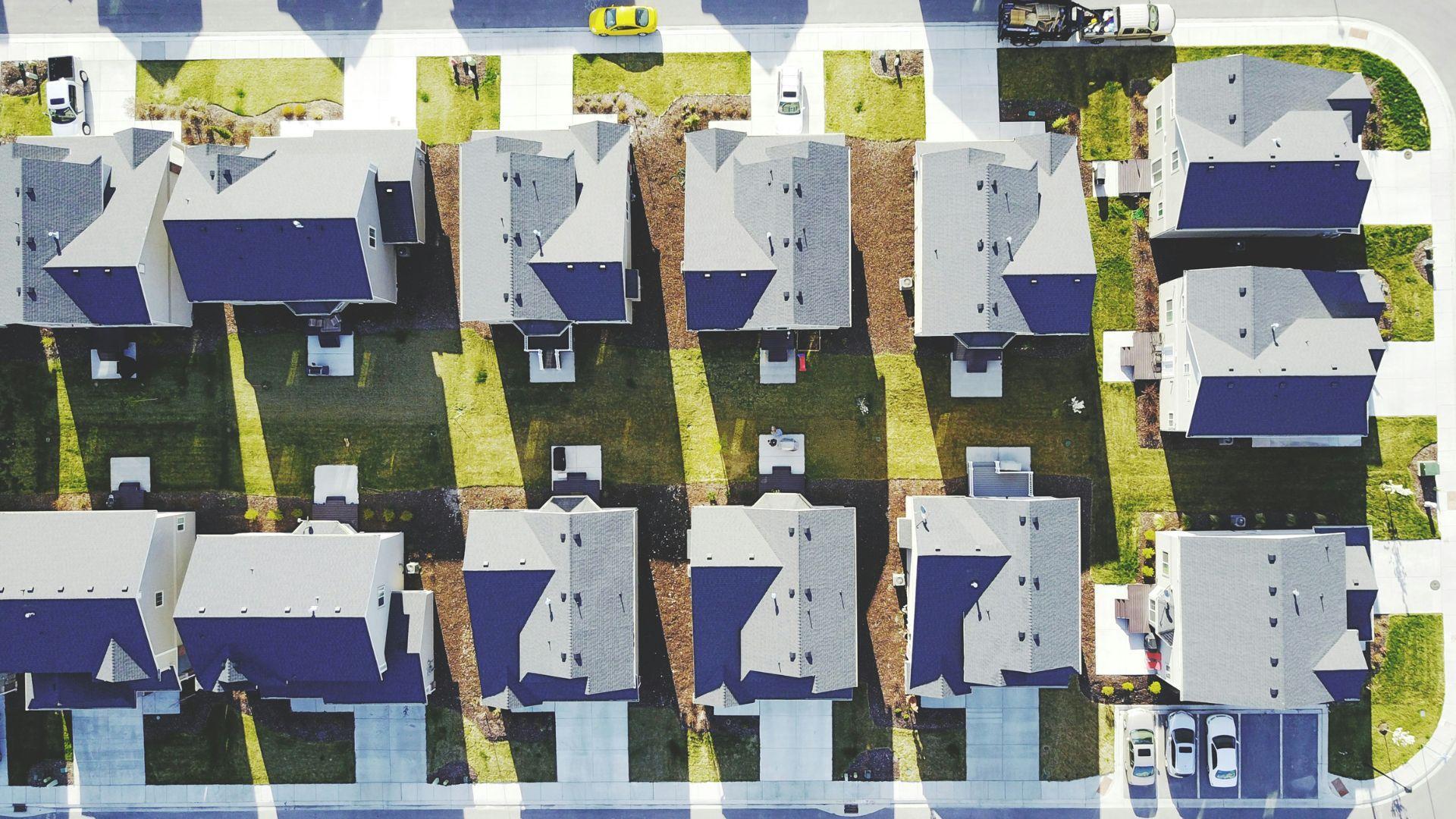
The city of Beverly Hills was mandated to develop a comprehensive plan to accommodate over 3,100 new, predominantly affordable homes.
However, the state has deemed the city’s efforts insufficient, leading to a halt on permits for home enhancements or significant remodels. This has sparked concerns among the residents, accustomed to a high degree of autonomy over their property developments.
Direct Impact of the Ruling
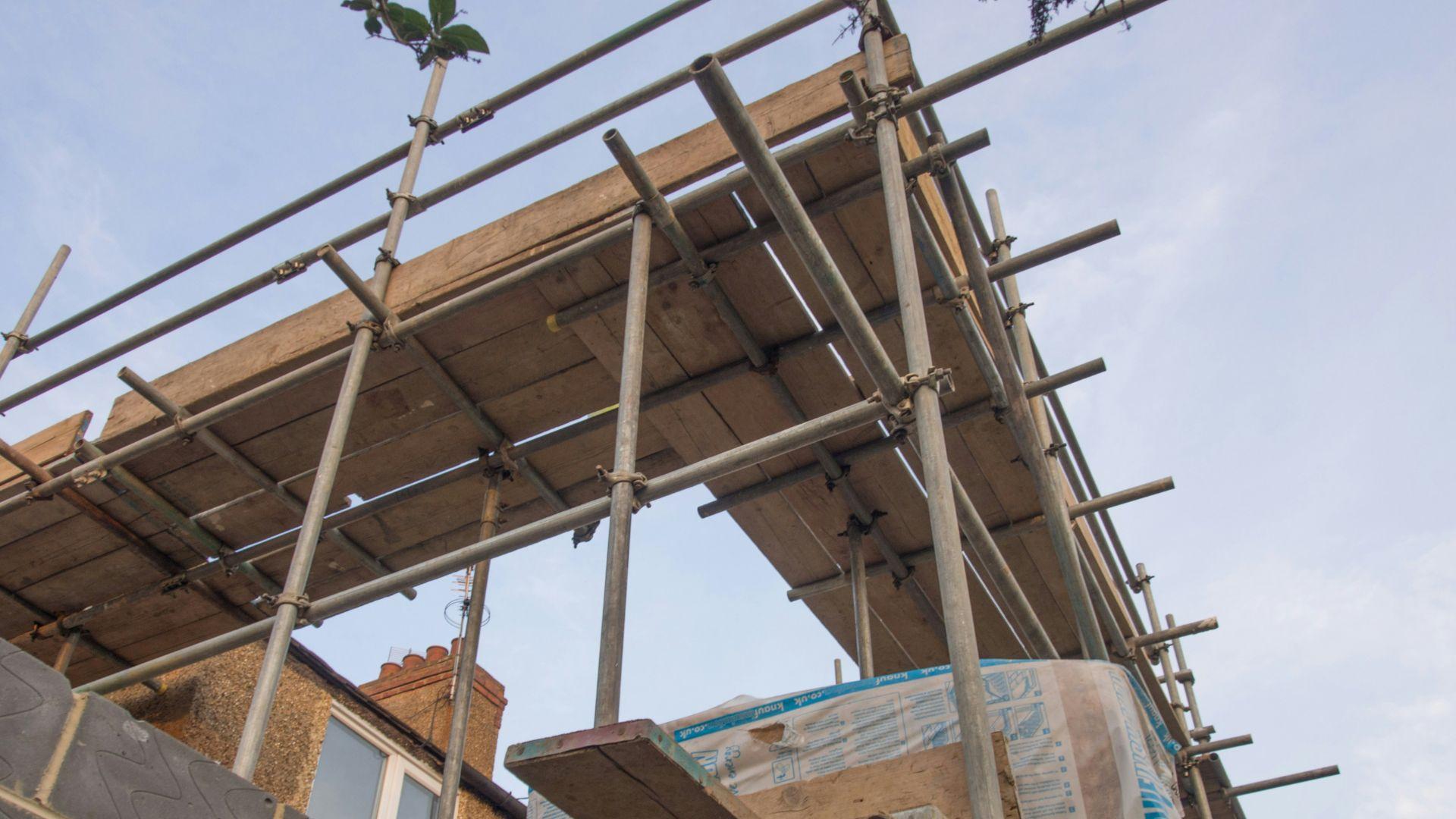
By stopping the issuance of permits for current homeowners, the ruling disrupts many residents’ plans for upgrading their homes.
New residents, however, are not subject to this ban and can still obtain building permits. The disparity in treatment has raised eyebrows and highlighted the urgency of the city’s compliance with state housing regulations.
Legal Professionals React
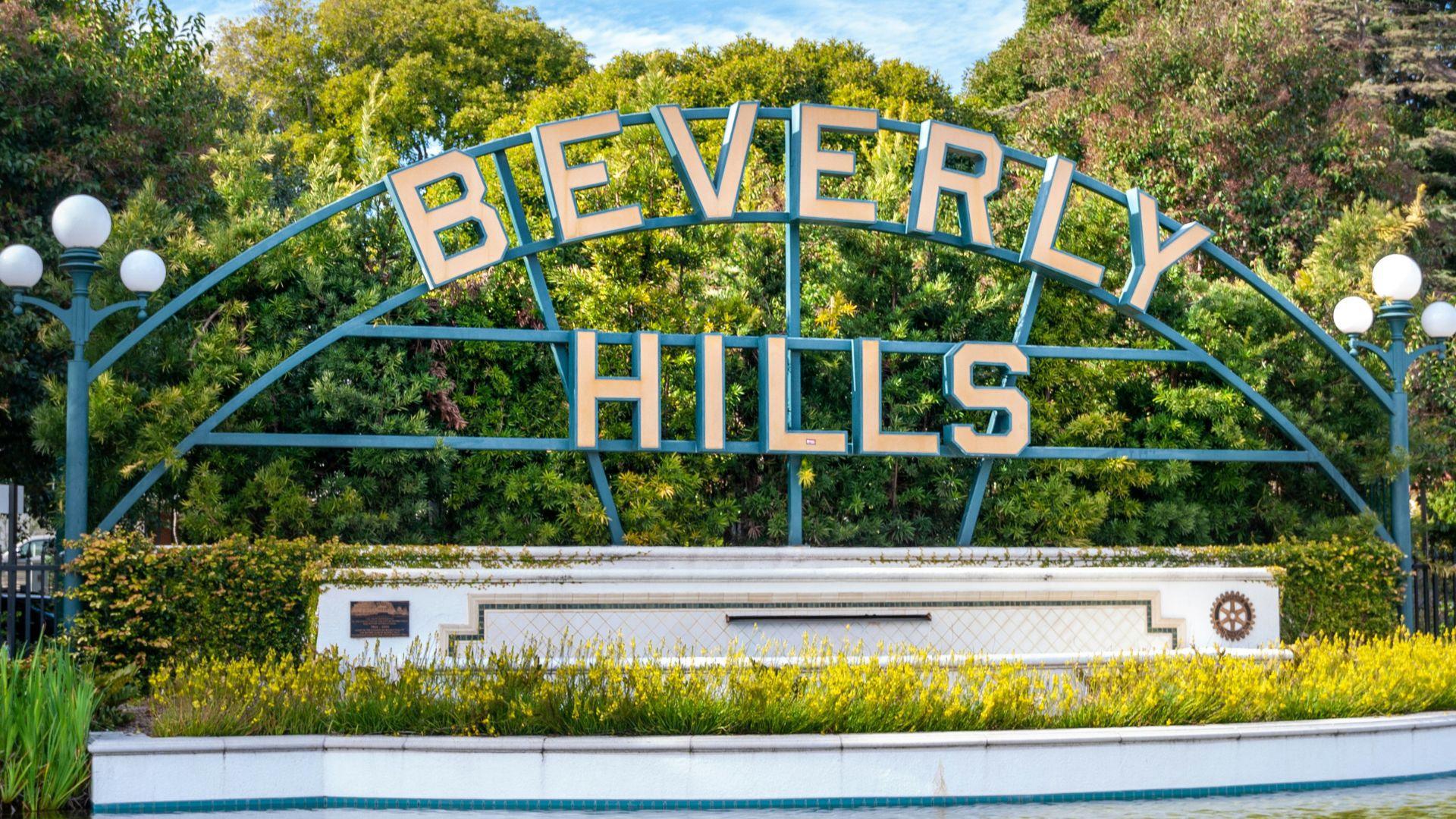
Murray Fisher, a seasoned real estate attorney, expressed his astonishment at the court’s decision to the, saying, “It would mean that the city is at a standstill.”
This reaction encapsulates the broader legal community’s surprise at the stringent measures imposed on one of America’s most iconic and wealthy neighborhoods.
Future Prospects for Affordable Housing
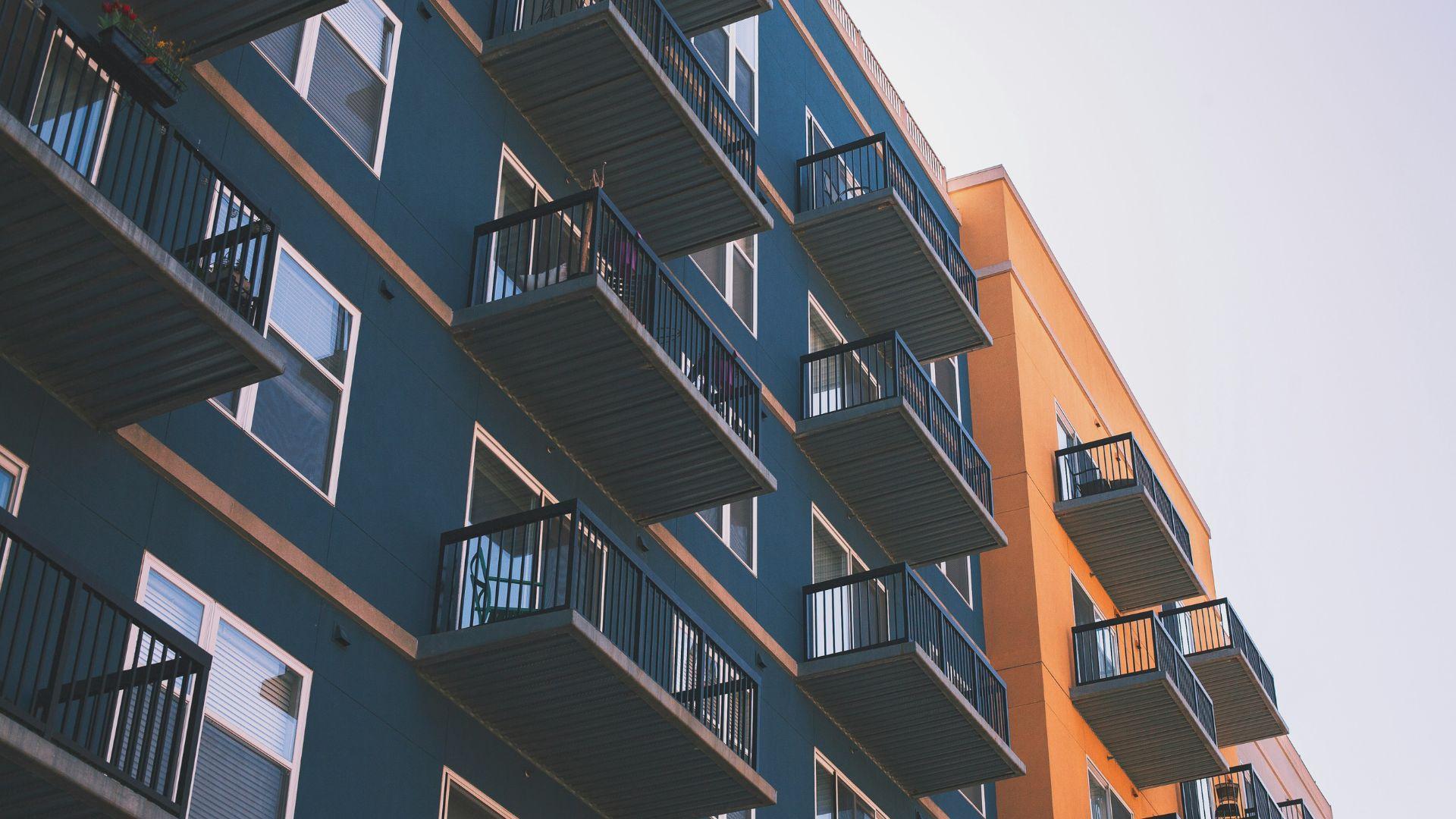
The city’s affordable housing plan aims to create homes accessible to low and middle-income individuals.
While the current judgment has paused certain developments, it underscores the importance of integrating affordable housing into Beverly Hills, a city known for its exclusivity and affluence.
Repeated Plan Rejections

Beverly Hills has faced multiple rejections from state housing regulators, with a total of five housing blueprints turned down since the summer of 2021.
The consistent disapproval highlights a significant disconnect between the city’s proposals and the state’s expectations for affordable housing development.
A Historical Challenge for Beverly Hills

This is not a routine setback for Beverly Hills. The city has long been unaccustomed to such legal challenges, thanks to a 50-year-old law mandating local governments to accommodate population growth inclusively.
This law’s enforcement represents a pivotal moment in Beverly Hills’ history, challenging its long-standing status quo.
Stagnant Population Amidst State Housing Efforts

Despite the population growth in both the United States and California, Beverly Hills has experienced a slight decline in its population, from 33,400 residents in 1970 to 32,400 today.
This trend occurs as the state pushes for new housing in affluent communities, advocating against low-density zoning practices deemed discriminatory.
Misjudged Commercial Conversion Plans
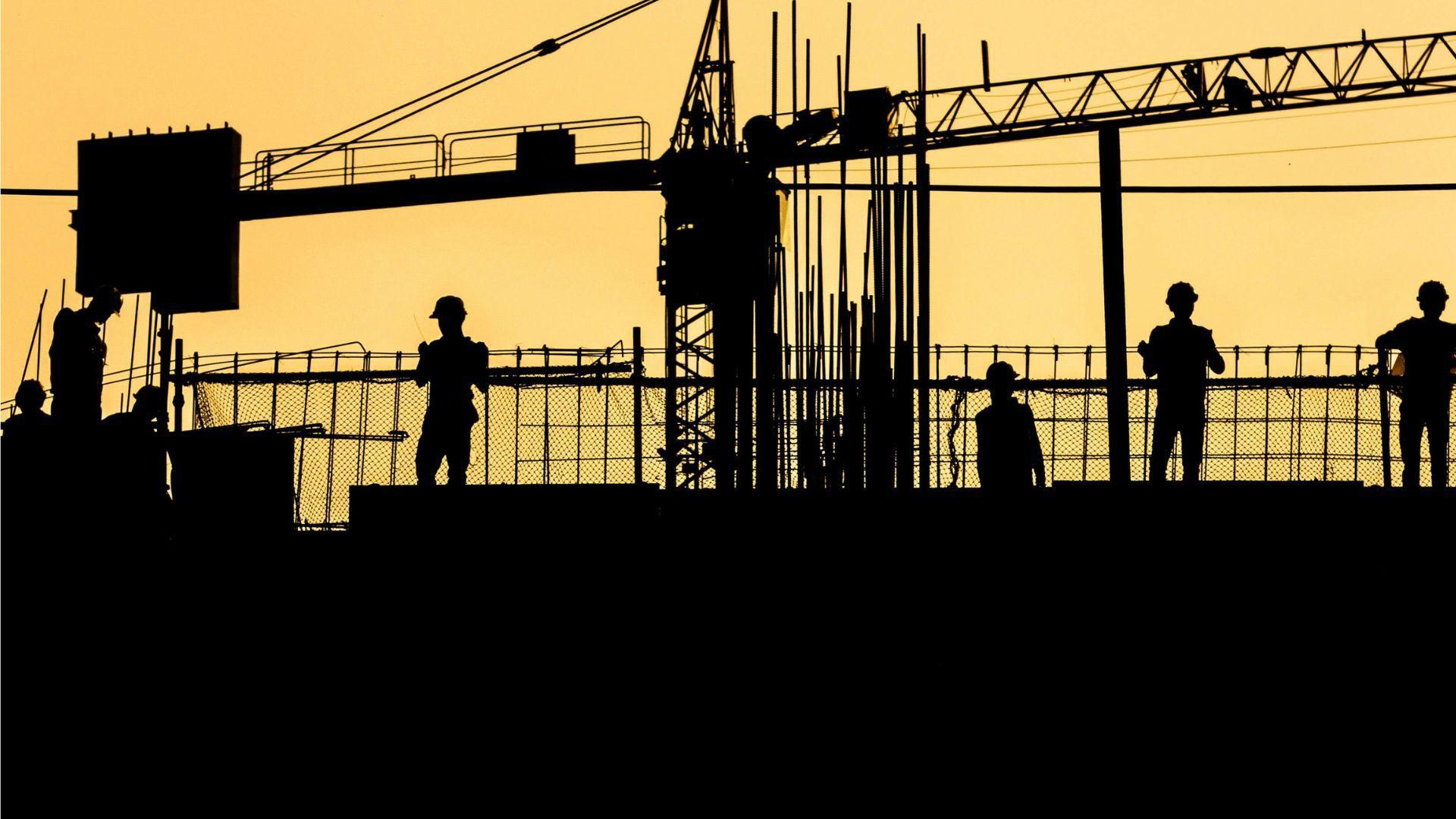
The city had considered converting commercial properties into residential developments to meet housing targets.
However, Judge Kin and state officials have cast doubt on the feasibility of this approach, questioning whether such transformations would materialize as planned.
Legal Actions Escalate
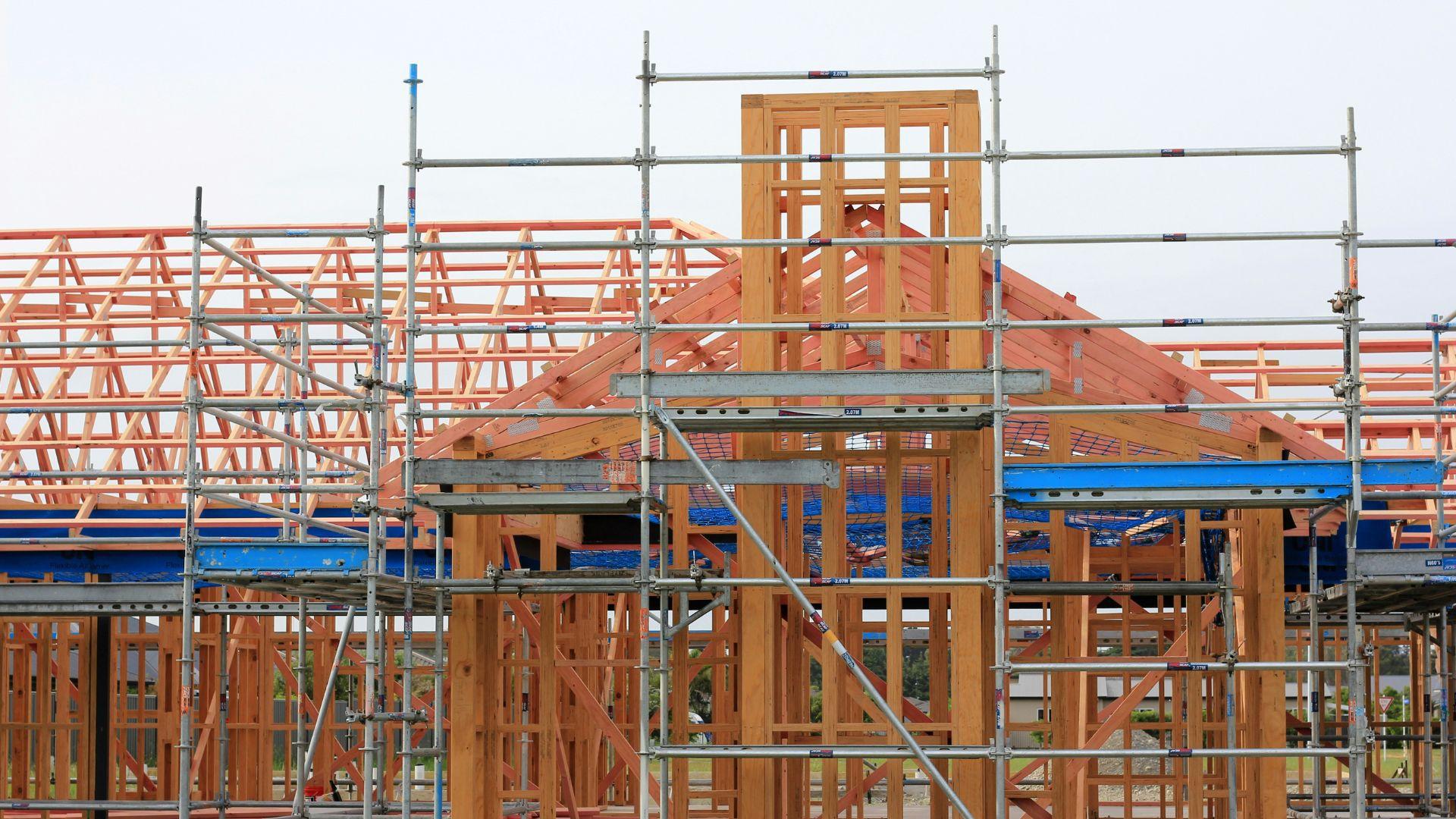
The legal confrontation intensified when Californians for Homeownership filed a lawsuit against Beverly Hills.
Attorney Matthew Gelfand acknowledged the court’s decision as a significant step but suggested it might prompt the city to negotiate and fulfill its housing obligations more earnestly.
An Unparalleled Situation in California

According to Bill Fulton from UC Berkeley’s Terner Center for Housing Innovation, the Beverly Hills case is unprecedented in California.
The state’s aggressive housing targets and the legal ability for external entities to challenge the city set a unique backdrop for this legal confrontation.
City Officials in Search of Solutions
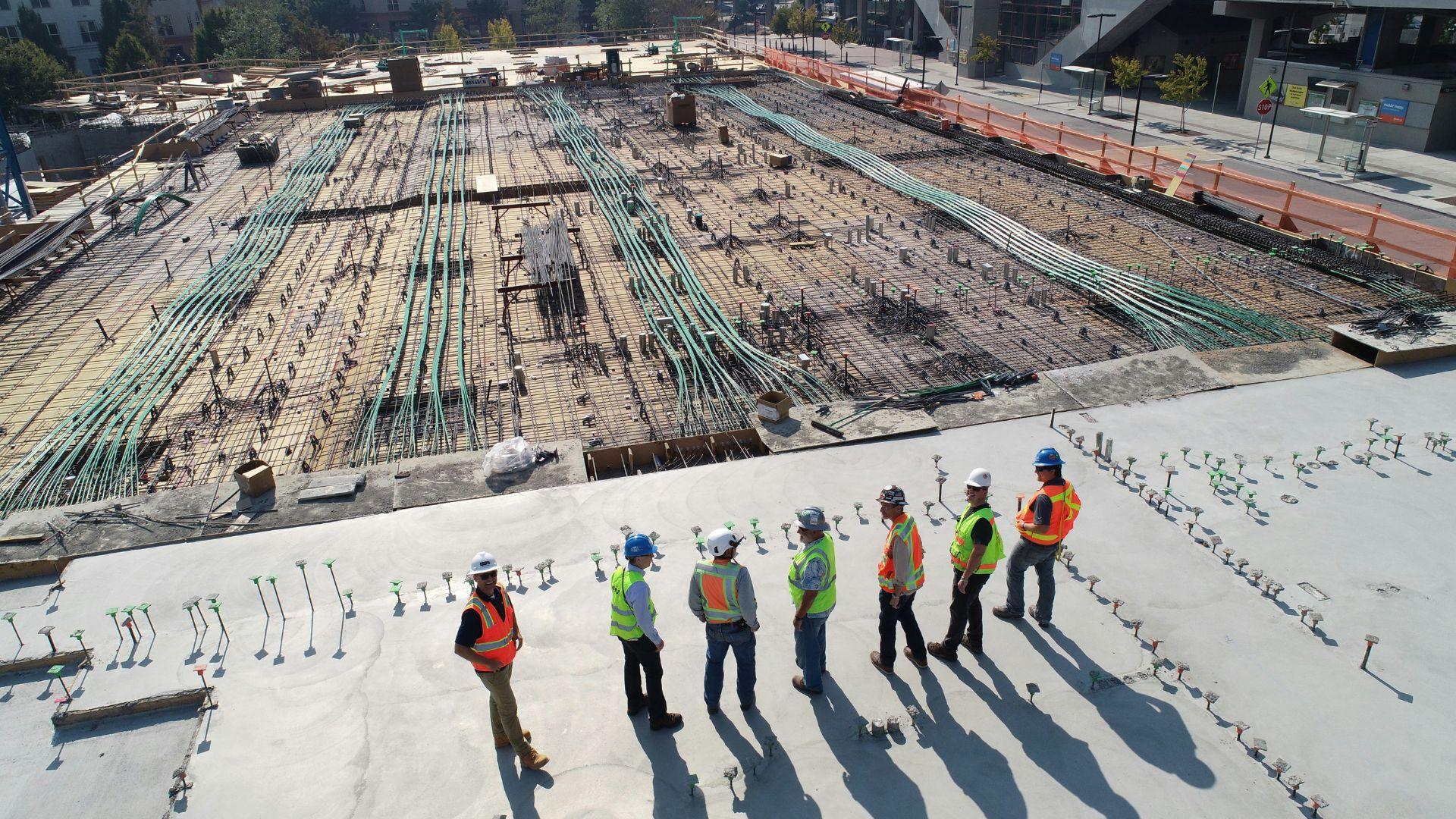
Following the judge’s decision, Beverly Hills officials have been actively seeking ways to amend and approve their housing blueprint to meet state requirements.
The LA Times reports that the city aims to resolve the impasse quickly, as indicated by statements from city attorney Larry Wiener.
